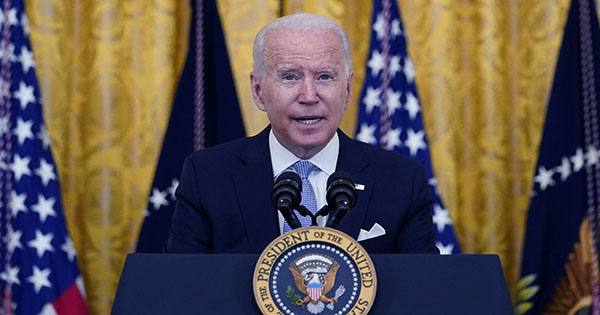Artificial intelligence data management products are still generally fragmented, with developers handling one problem at a time rather than the complete life cycle. Sama is a startup that provides high-quality training data that is used to fuel AI applications. Wendy Gonzalez, the business’s CEO, claimed the company is working on the first end-to-end AI platform for machine learning data training.
To do so, the firm raised $70 million in a Series B fundraising round headed by Caisse de dépôt et placement du Québec (CDPQ) and including First Ascent Ventures, Salesforce Ventures, Vistara Growth, and all current investors. The fresh funding comes after the business raised $14.8 million in a Series A investment two years ago. Sama’s thesis at the time focused on creating high-accuracy training data and establishing tools for annotating, according to Gonzalez.
The group then investigated ways to incorporate machine learning into that procedure while keeping high accuracy. They thought it came down to humans in the loop, so they built one-click validation with their Sama Machine Learning Assisted Annotation MicroModels, which was also released on Thursday. “What we kept learning was that data was necessary at every level of the AI lifecycle,” she said, “yet everything was scattered.” “With various partners, you had to convert the data eight or nine times.”
It was deliberate to go after Series B. Sama wanted to create an end-to-end platform that would make getting data, having it annotated with high accuracy, and then putting that data into a model as painless as possible. According to Gonzalez, all of this necessitated financial resources.
Through its Montreal network, the Sama team became acquainted with CDPQ and felt a connection to the private equity firm’s goal and ESG objective, which matched its own. Gonzalez pointed out that Sama is the only B Corp in the AI infrastructure field, with a purpose to help people escape poverty. It has already aided 56,000 individuals by employing excellent labelers from East Africa, half of whom are women.
“They were interested in the problem we were tackling using AI as well as how we were doing it,” she continued. “Infrastructure data is going to underpin everything in AI, so there’s a lot of room for expansion.”
Beyond that, we aim to develop a social purpose to become one of the greatest, if not the largest, B firms in the world, powering the most cutting-edge technologies. It would also be fantastic if firms began to think differently about social good, because diversified businesses are stronger businesses. It’s a big ambition.”
With CA$390 billion in assets under control, Wils Theagene, senior director of CDPQ in Quebec, claimed the organization is Canada’s second-largest pension fund.
According to him, the firm’s $250 million Equity 253 fund inspired George Floyd’s death in 2020 and promotes businesses to employ diversity as a development vector. Companies have five years to achieve 25% diversity on their boards of directors, management teams, and equity participation. The agent said the business valued Sama’s focus on growth, performance, and social goal, much as Sama was drawn to CDPQ’s ESG objective.
“The management staff is one of the best we’ve come across,” he said, “and we were thrilled with Wendy.” When the Sama team explained its performance and the industry, CDPQ agreed that their strategy for economic growth in developing nations was the appropriate one: instead of providing money aid, people given employment to enable them take control of their destiny, Theagene noted. “We believe Sama is the AI industry leader and will continue to be the market leader in the future,” he added. “Their new micromodels enable them to address AI data efficiently, and their end-to-end platform is satisfying the data needs for AI applications that organizations have.”
Meanwhile, Sama continues to engage with firms such as Google, Walmart, and Nvidia, and wants to manage its expansion. Gonzalez claims that since joining the firm six years ago, Sama has seen a 13-fold increase in monthly recurring income. The next stages are to expand the AI data pipeline’s coverage, debut in other areas, such as Europe and eventually the Asia Pacific, and expand operations.
When it comes to the future of AI data, Gonzalez believes that reducing bias will be top of mind, resulting in representative data. “Similar to the European Union and AI ethics, it wouldn’t surprise me if the United States followed GDPR’s data protection requirements so that individuals develop AI with openness and purpose,” she added. “We want a platform created by a varied group of people so that we may be diverse in what data we gather and who labels it.”
















